Parametric Estimates by the Monte Carlo Method
1. INTRODUCTION: WEIGHT UNBIASED MONTE CARLO ESTIMATES Integral equations, linear functionals Terminating Markov chains Standard weight estimates in the Monte Carlo method, biasedness Variances of the standard estimates The main approaches to variance reduction The use of recurrent representations Randomization Vector estimates related to the triangular system of integral equations Calculation of parametric derivatives and the main eigenvalues of integral operators Test integral equations and problems The extensions of unbiasedness conditions Approximate confidence intervals 2. PARAMETRIC ESTIMATES FOR SOLVING PROBLEMS OF MATHEMATICAL PHYSICS Introductory information Solving the Helmholtz equation with a complex parameter Solution of boundary value problems of the second and third kinds Solution of the Dirichlet problem for the vector and nonlinear Helmholtz equations Estimating the main eigenvalue of the Laplace operator Global algorithms of the Monte Carlo method for solving n-dimensional difference equations 3. PARAMETRIC ESTIMATES FOR STUDYING THE RADIATION TRANSFER IN INHOMOGENEOUS MEDIA Introductory information Calculation of parametric derivatives and critical values of parameters Use of the averaged estimates by the Monte Carlo method for the study of the effects of medium stochasticity - Modelling the homogeneous stochastic fields - Partially averaged weight estimates - Finiteness conditions for the variance of a partially averaged weight estimate - Asymptotic estimation of the passage probability - Test problem - Additional remarks Critical parameters of the particle transport process with multiplication in a stochastic medium - Averaging the constants and the solution of the transfer equation - Use of the diffusion approximation - Estimation by the Monte Carlo method - Use of the simplest mathematical models - Use of the second order parametric derivatives New approach to path estimates in the Monte Carlo method Monte Carlo estimates for derivatives of polarized radiation A. THE IMPROVEMENT OF RANDOM NUMBER GENERATORS BY MODULO 1 SUMMATION Estimates of the nonuniformity of distributions of the congruent sums of random quantities Congruent sums of grid random quantities Improvement in the random number generators by congruent summation B. ON MODELLING CHEMICAL REACTIONS BY THE MONTE CARLO METHOD Introduction General scheme of chemical reaction modelling by the Monte Carlo method Conditions of coexistence of steady states in chemical systems Calculation of quasi-potentials of dynamic systems Examples C. ONE UNSOLVED MINIMAX PROBLEM References
{{comment.content}}

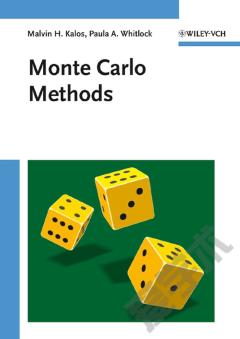
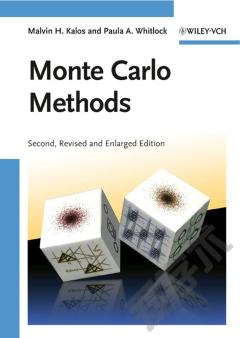
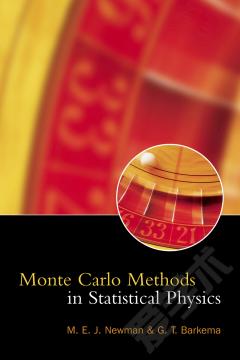
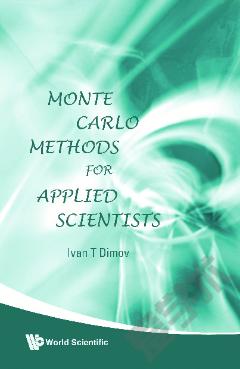
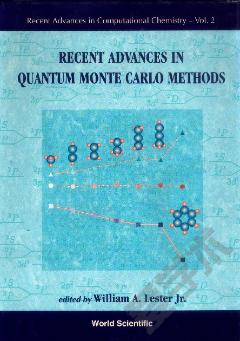
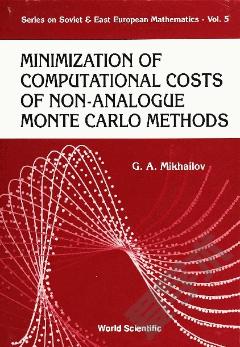

 京公网安备 11010802027623号
京公网安备 11010802027623号